
The PBL South Asia Network is an anchor entity co-hosted by IITB, Mumbai and IISc, Bangalore to sustain problem-based learning capacity building, research and adoption in wider Indian subcontinental context. Together with PBL Lab at IISc, Bangalore, the network aims to actively engage with wider range of stakeholders in India, Nepal and Bhutan and expand the network activities to other South Asian countries.
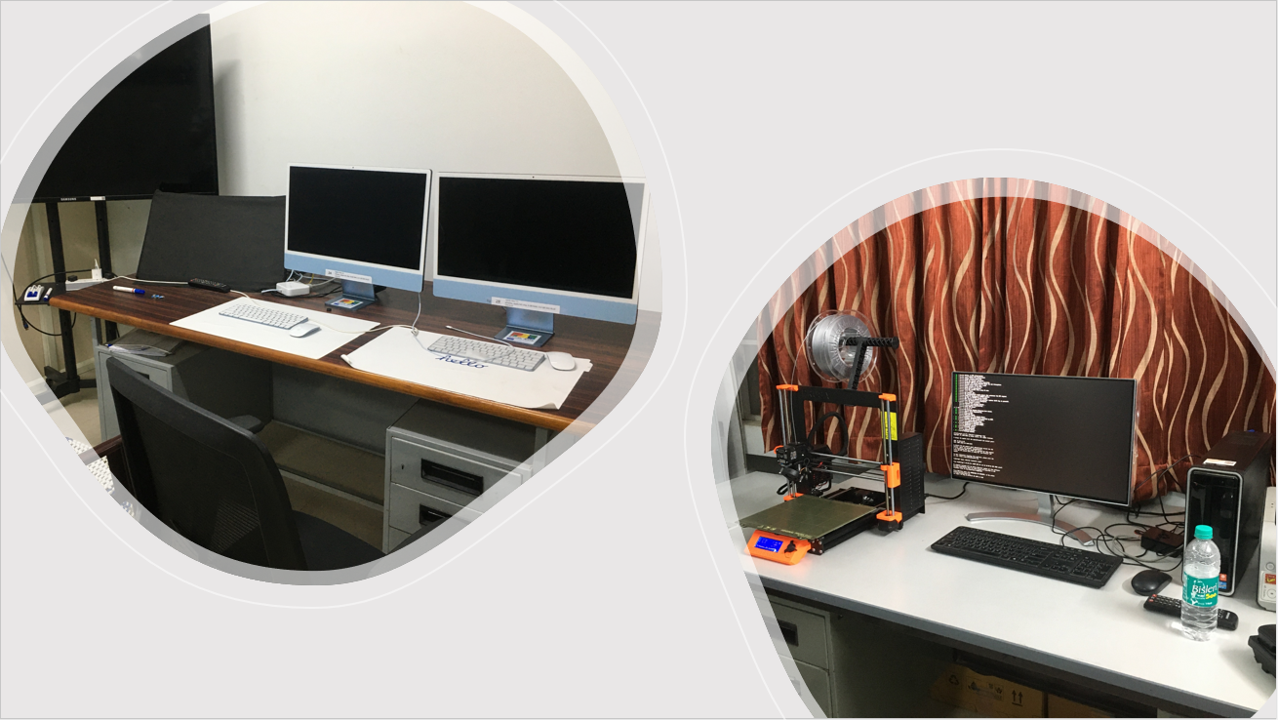
The PBL Lab at the Centre for Product Design and Manufacturing (CPDM) at IISc, India is a major contribution towards the goal of strengthening regional capacity in PBL methods, research and its wider adoption. The PBL Lab aims to facilitate research, teacher trainings and mentorship for PBL adoption in the South Asian context.
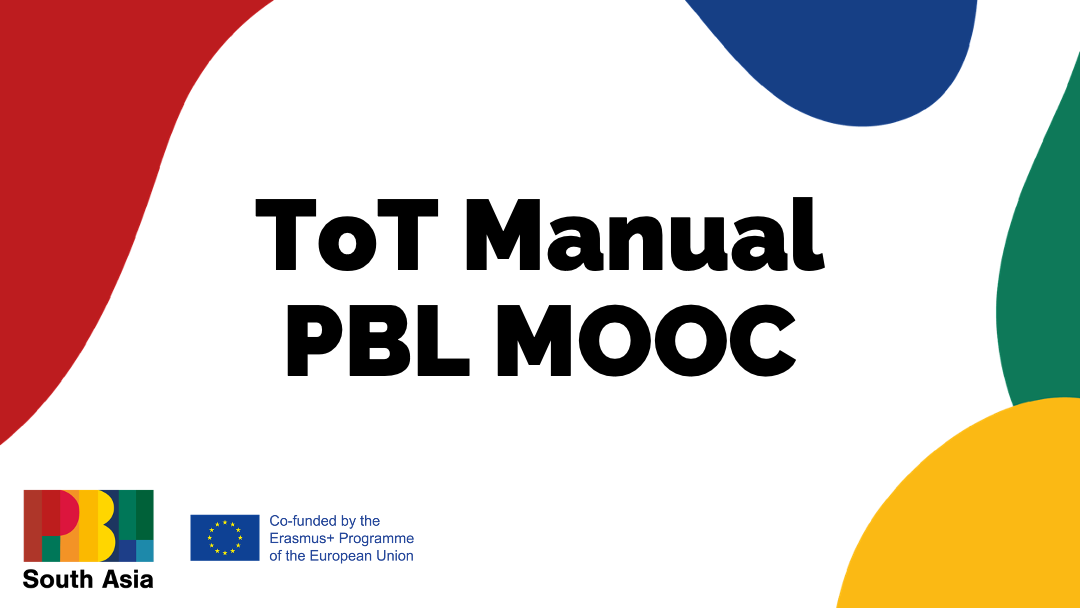
As a project deliverable, TU Delft led the development and deployment of Problem Based Learning MOOC for Global Sustainability and other related materials by following an action-learning approach together with ten higher education institutes in Finland, Lithuania, the Netherlands, Nepal, India and Bhutan.
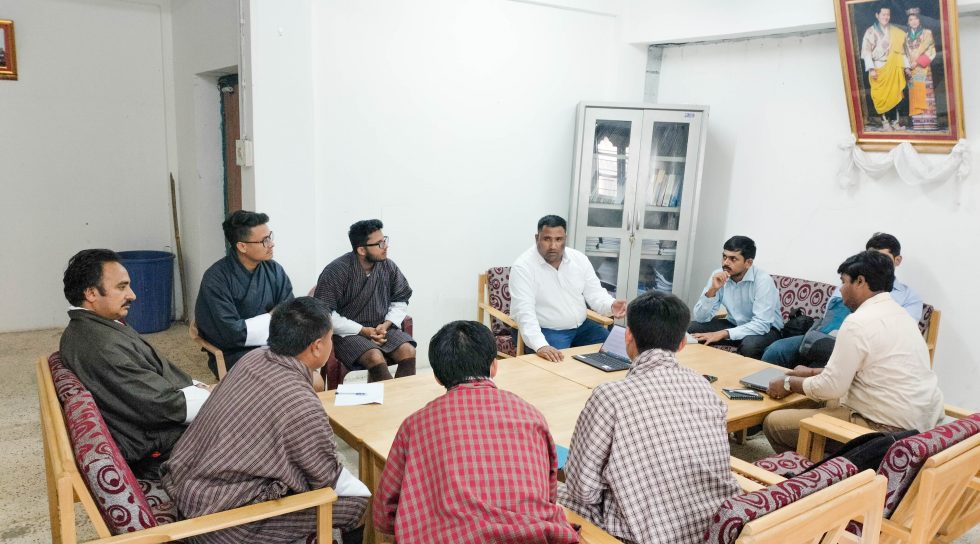
A team of mentors and students from IITB, India, and JNEC, Bhutan carried out joint PBL student cases in Bhutan with local team. The teams worked on topics related to ‘Waste management on construction sites of Bhutan’, and ‘Construction practices leading to problems in building operations’.
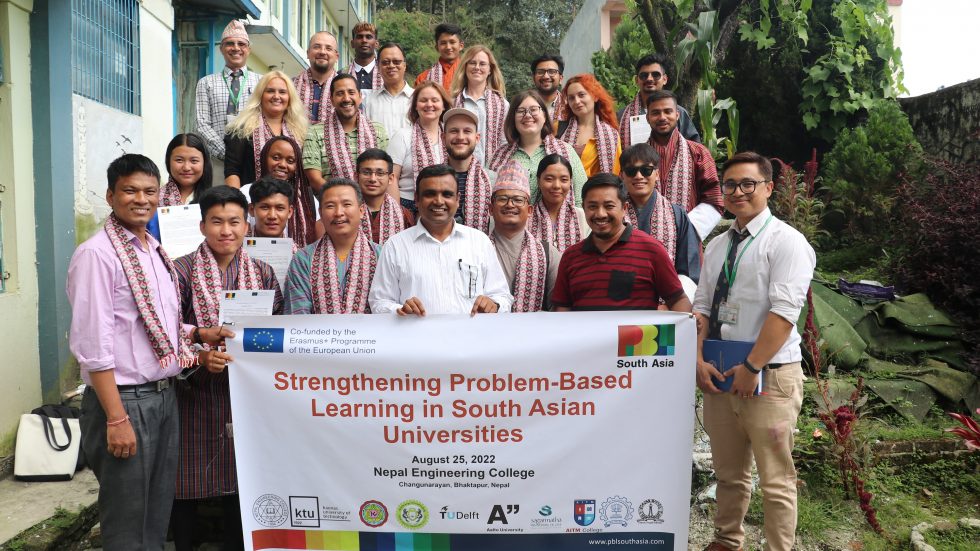
Students from Jigme Namgyel Engineering College (JNEC), Bhutan, and Kaunas University of Technology (KTU), Lithuania, took part in a multidisciplinary PBL student case in Bhaktapur, Nepal in August 2022. The joint case was broadly titled “Preserving adobe architecture of Nepal”.
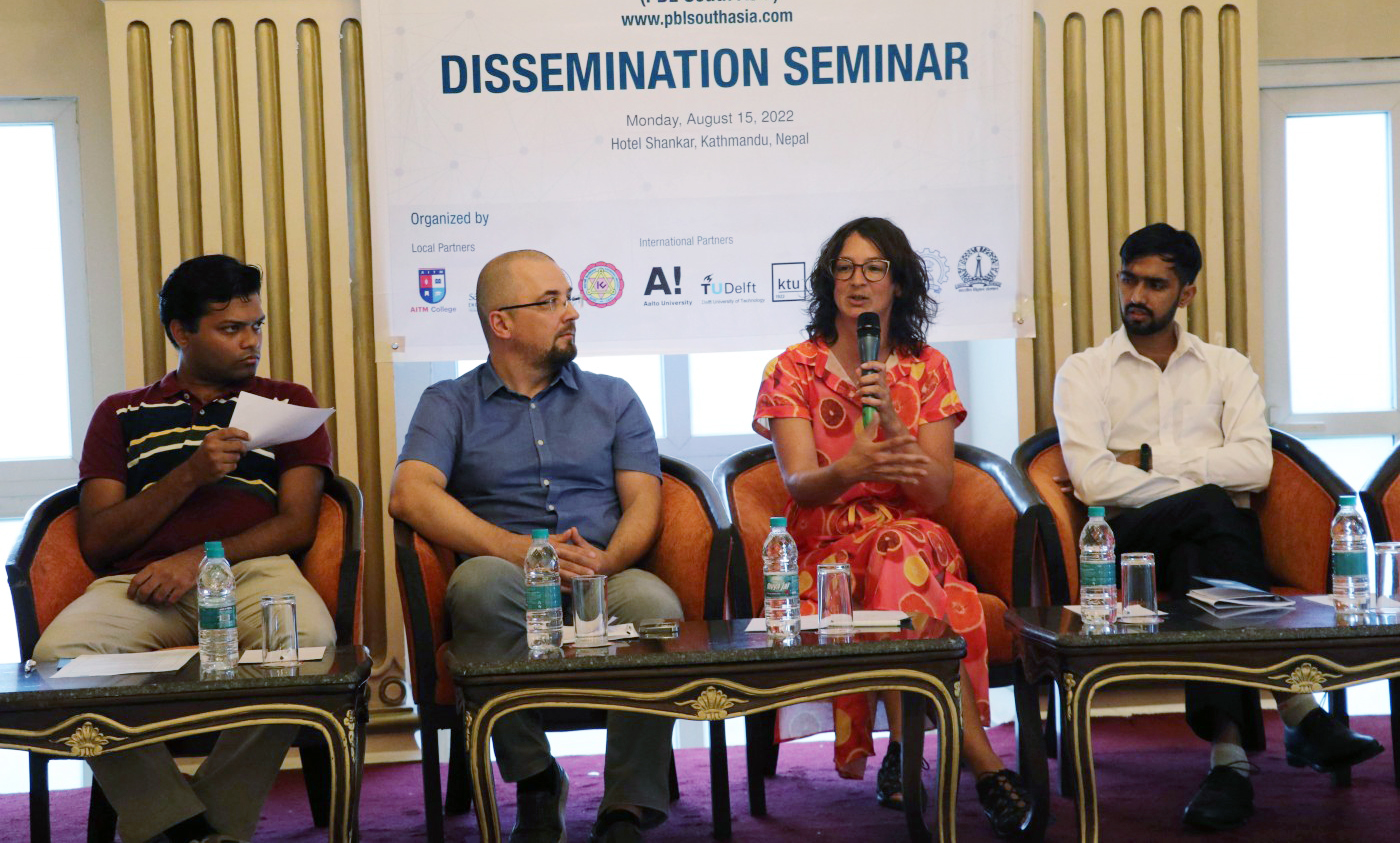
The Nepalese partners in collaboration with the other PBL South Asia project partners organized a one-day final dissemination seminar in Nepal in August 2022. The seminar aimed to disseminate the overview of the PBL South Asia project, key activities, impact and way forward to the beneficiary institutions.
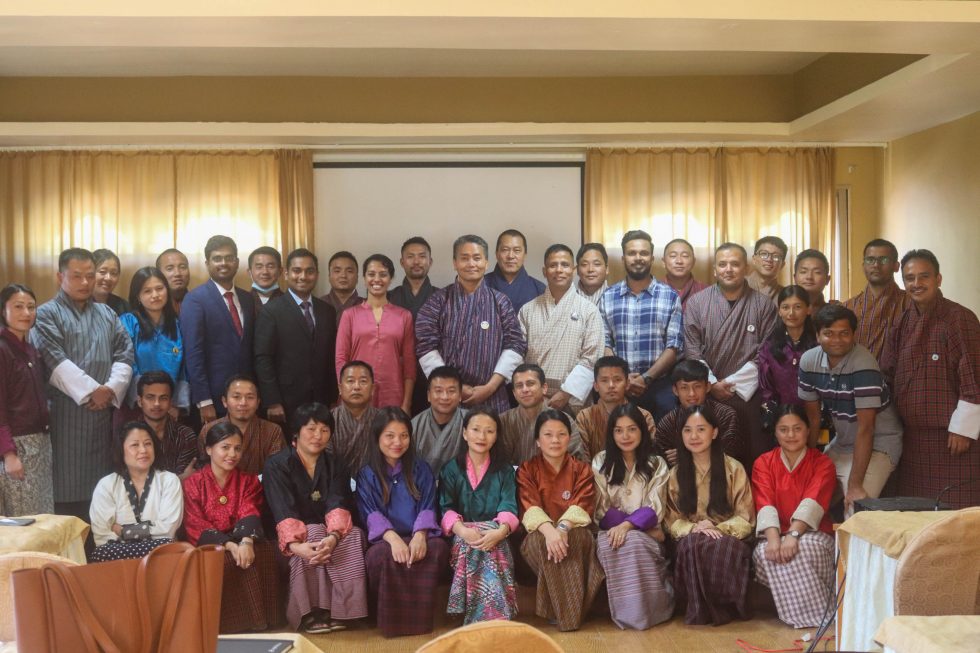
The Jigme Namgyel Engineering College (JNEC, Royal University of Bhutan, organized a two-day hybrid workshop for the PBL South Asia stakeholders on PBL Methodology and Dissemination on August 8-9, 2022.
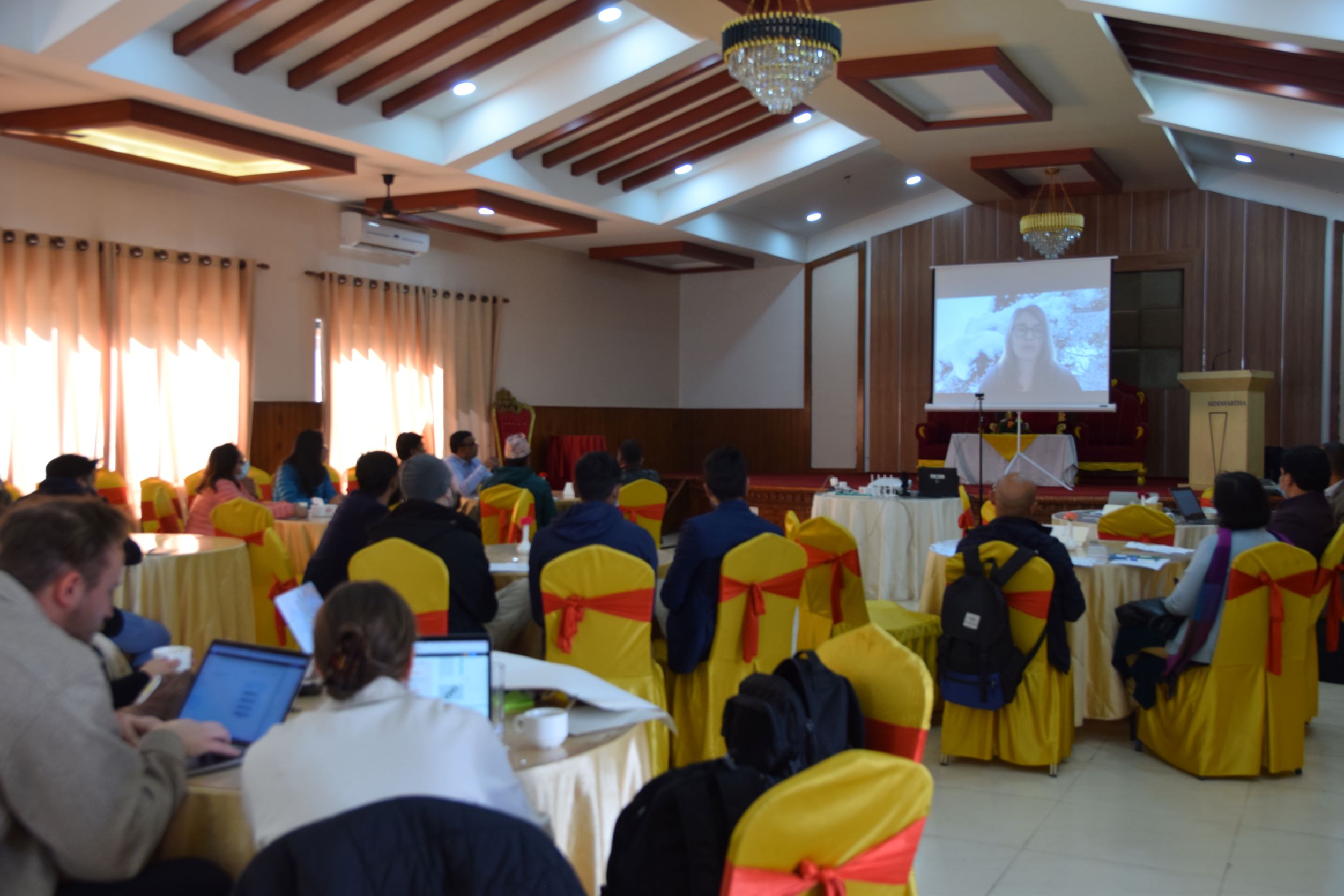
Sagarmatha Engineering College (SEC) in association with Aalto University conducted a workshop for the PBL mentors in the spring of 2022. The workshop focused on mentoring practices, current challenges, and future needs for local mentors in implementing the PBL approach.

During the pandemic, joint international collaboration on Problem Based Learning (PBL) activities implementation in the project, was highly compromised. To meet this challenge, PBL collaboration shifted from face-to-face interactions to flexible modes of digital and hybrid deliveries.
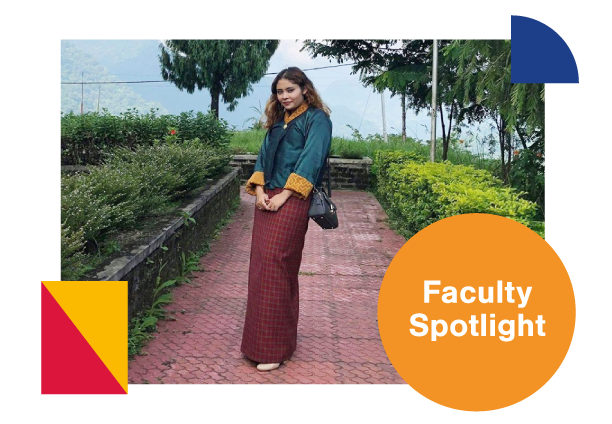
Srijana Gajmer, faculty from the Electronics and Communication Engineering Department in JNEC, Bhutan tells us her impressions about PBL in teaching and learning.
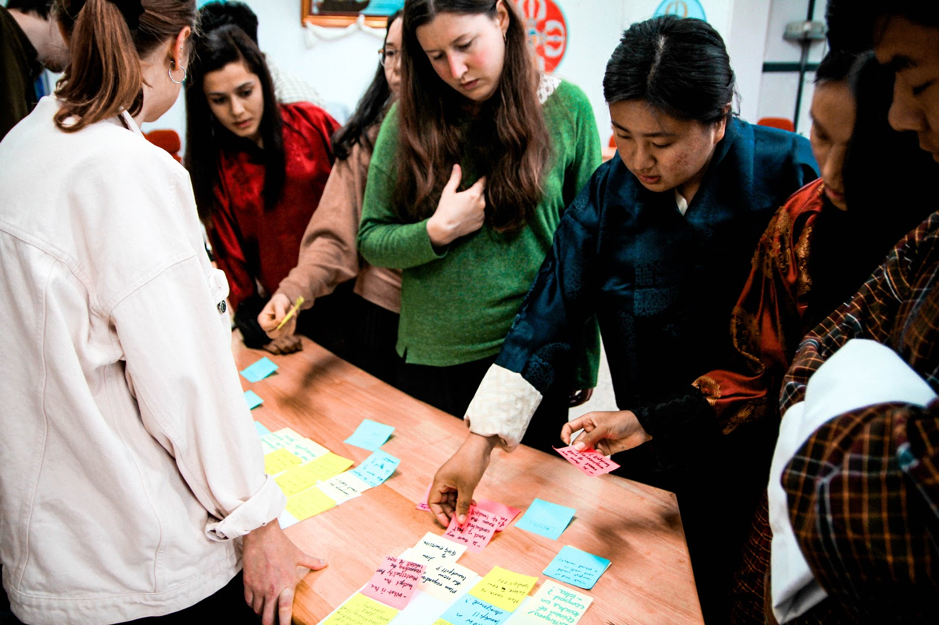
Student teams conducted a case study focusing on sustainable approaches to landfilling in the municipal landfill Matanga in Samdrup Jongkhar.
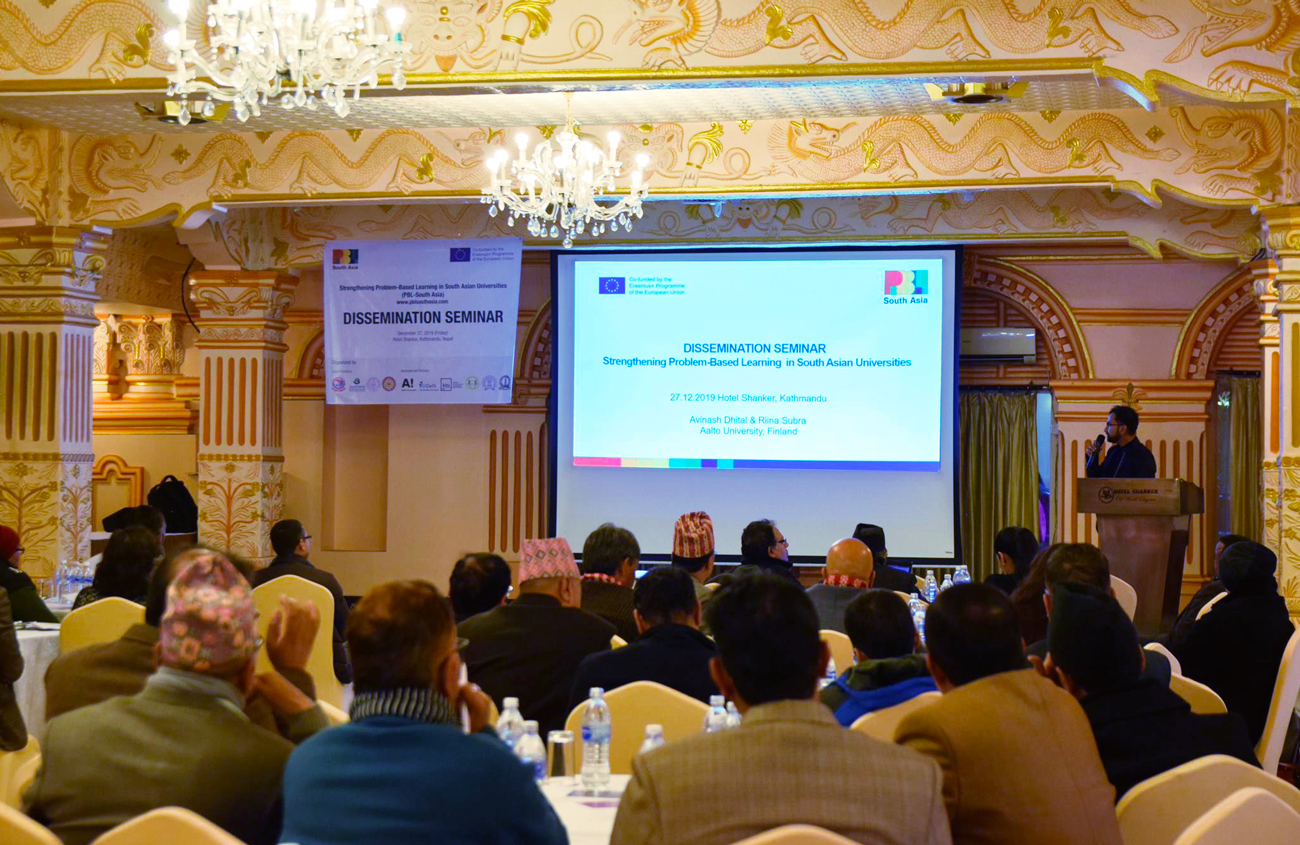
Nepali HEIs in cooperation with IISc Bangalore, Aalto University and TU Delft conducted a mini dissemination event in Nepal.
The Nepalese and Bhutanese partner Higher Education Institutions (HEIs) of the PBL South-Asia project have integrated the PBL approach to the bachelor’s courses since 2020.
Indian Institute of Technology, Bombay, hosted an intensive training programme to identify and deliberate on best practices in PBL education in the South Asian context. The training brought together academic staff and students from Indian, Nepalese, Bhutanese, Finnish, Dutch and Lithuanian universities, to jointly conduct case studies related to the built environment in the Mumbai area..
In October 2019 a curriculum design workshop was hosted by IISC to come up with strategies to apply design thinking to the redesign of curriculum and course implementation plans for Nepalese and Bhutanese partner HEIs.
In August 2019, an intensive pilot PBL case-workshop that included faculty from South Asian partners and students from different partner universities was conducted.
We interviewed Samulson Neupane from Asian Institute of Technology & Management (AITM) in Nepal to hear, what he thinks about the PBL approach to teaching and learning.
The project aims to bridge learning between universities in Europe and South Asia, in terms of technical exchanges, strengthening the capacity of partner higher education institutes and to breed local innovation ecosystems.
A new Erasmus + project coordinated by Aalto Global Impact will establish a sustainable development learning platform with partners in Europe and India, Nepal and Bhutan.